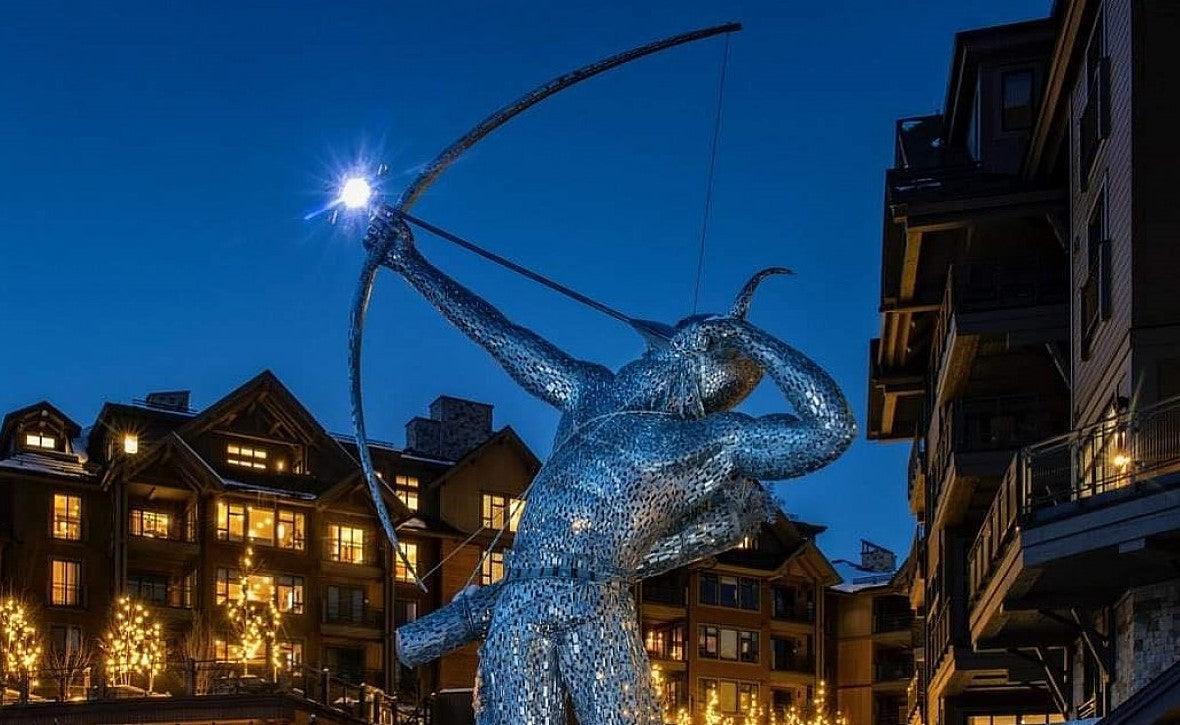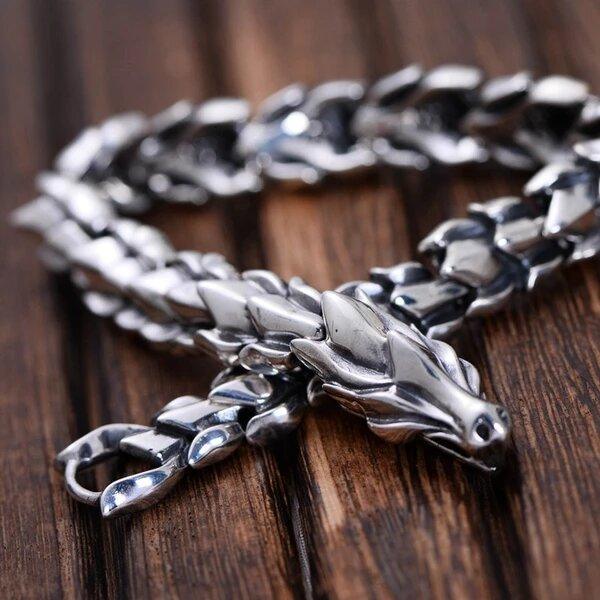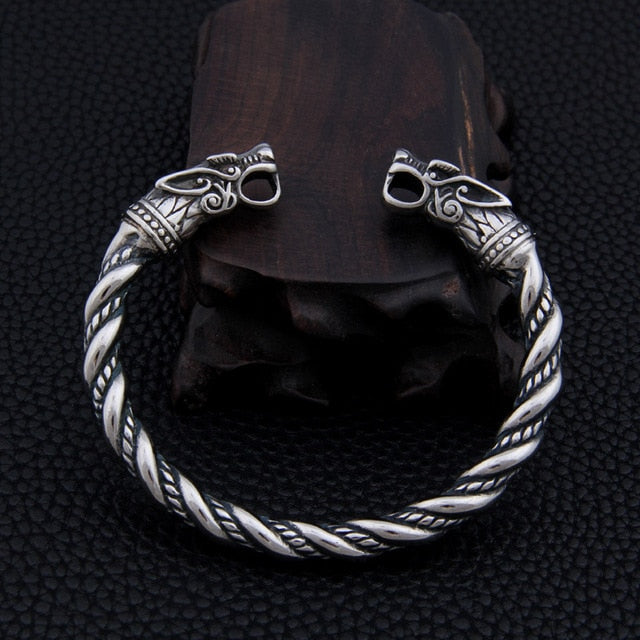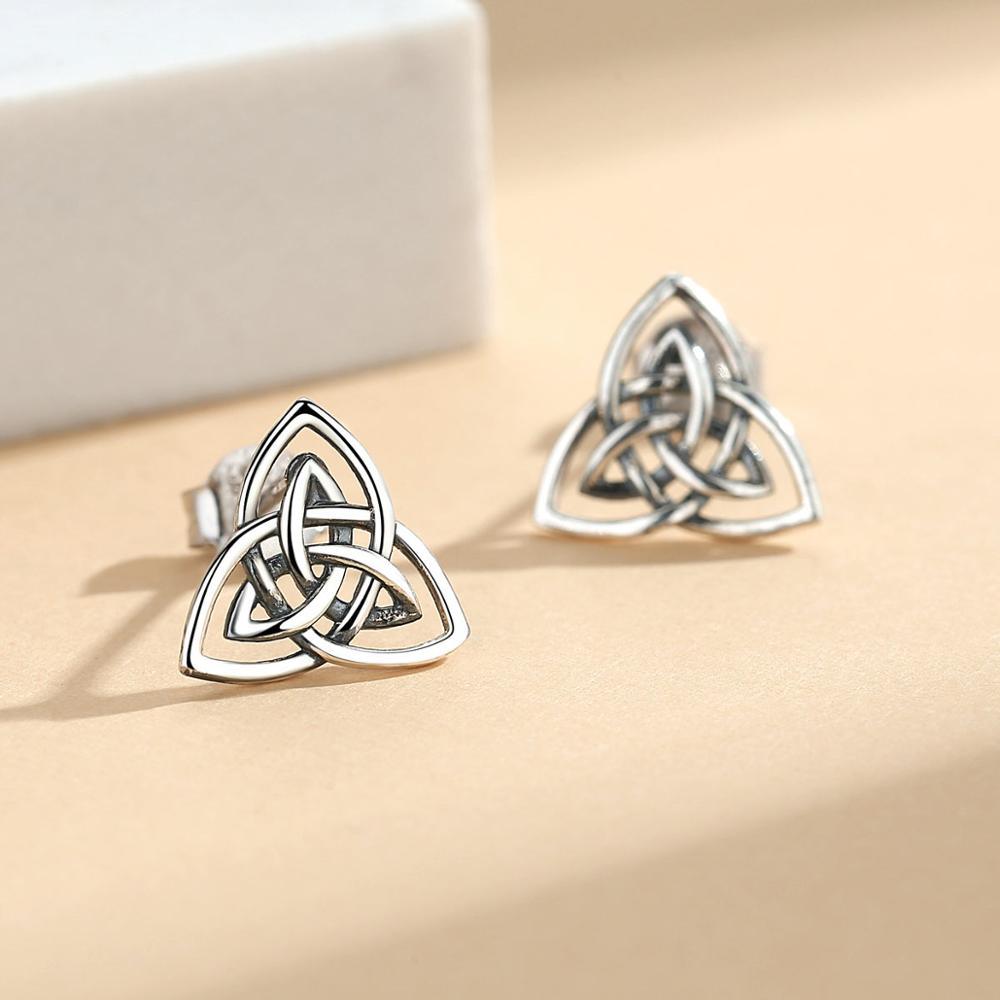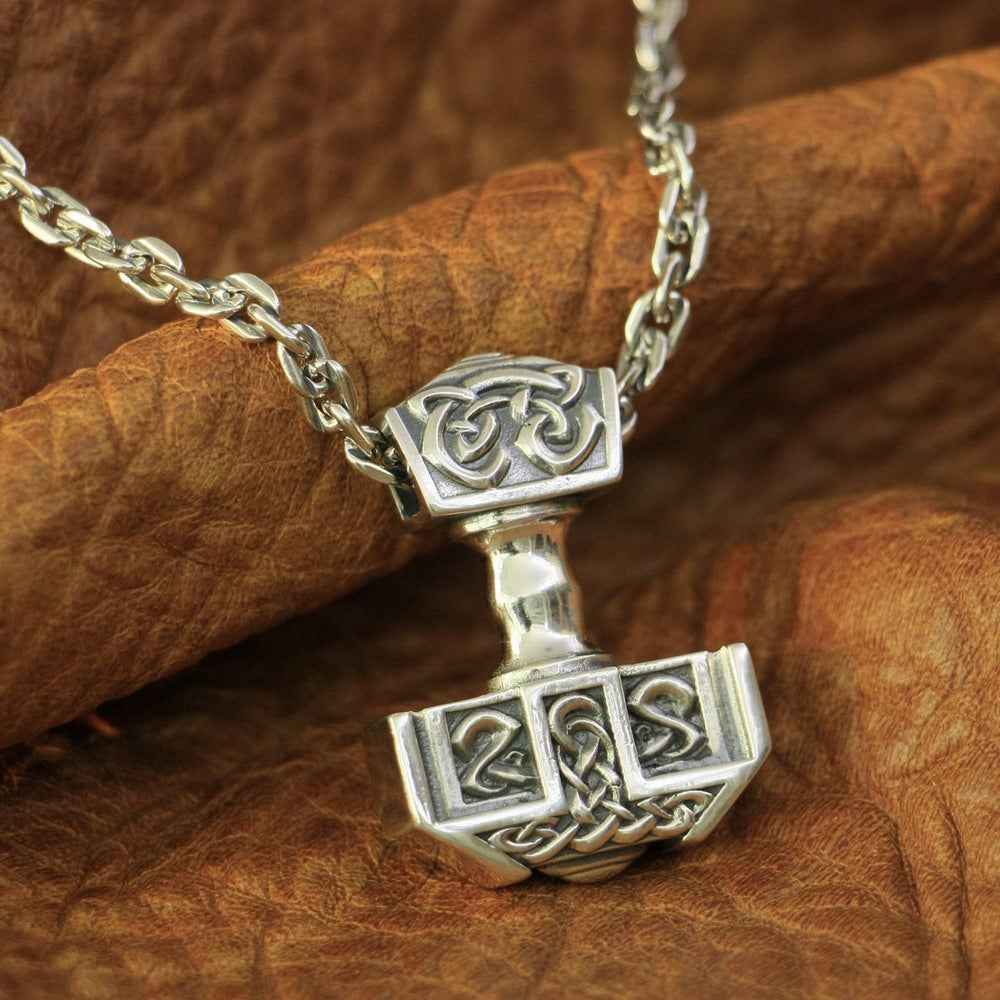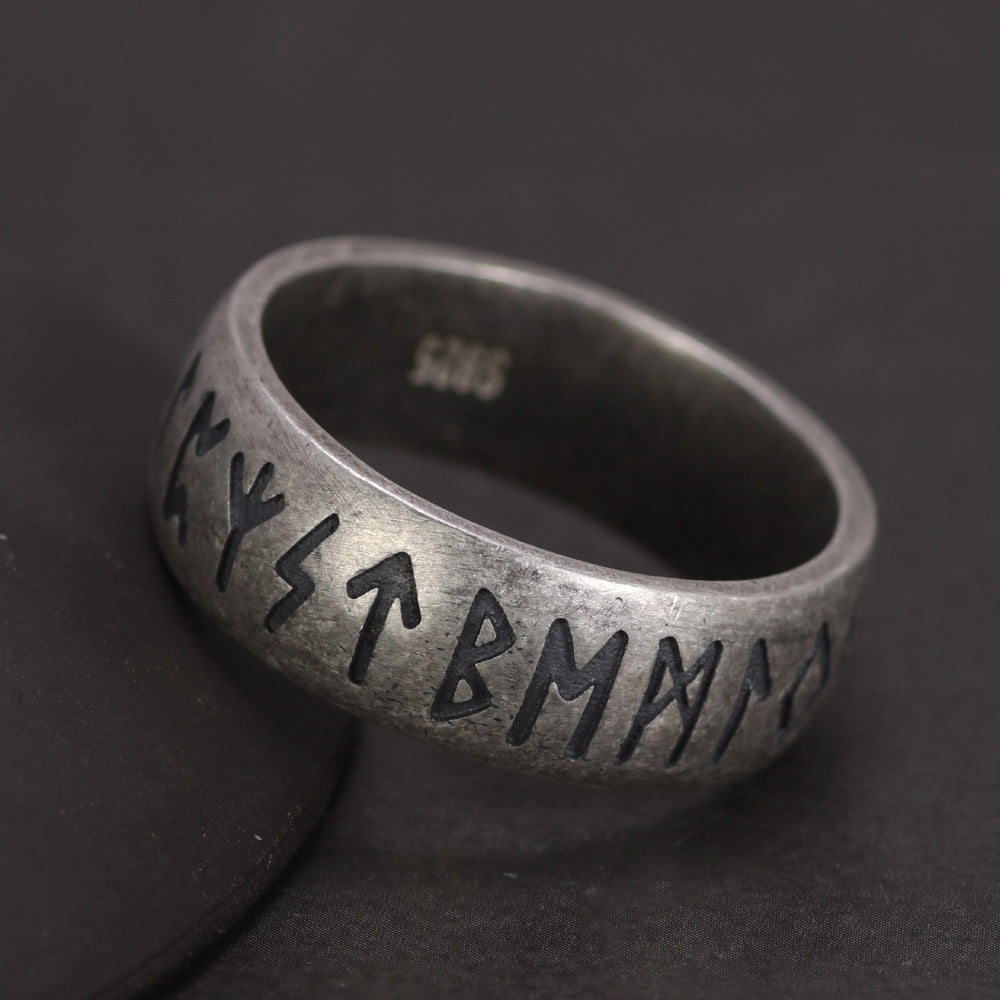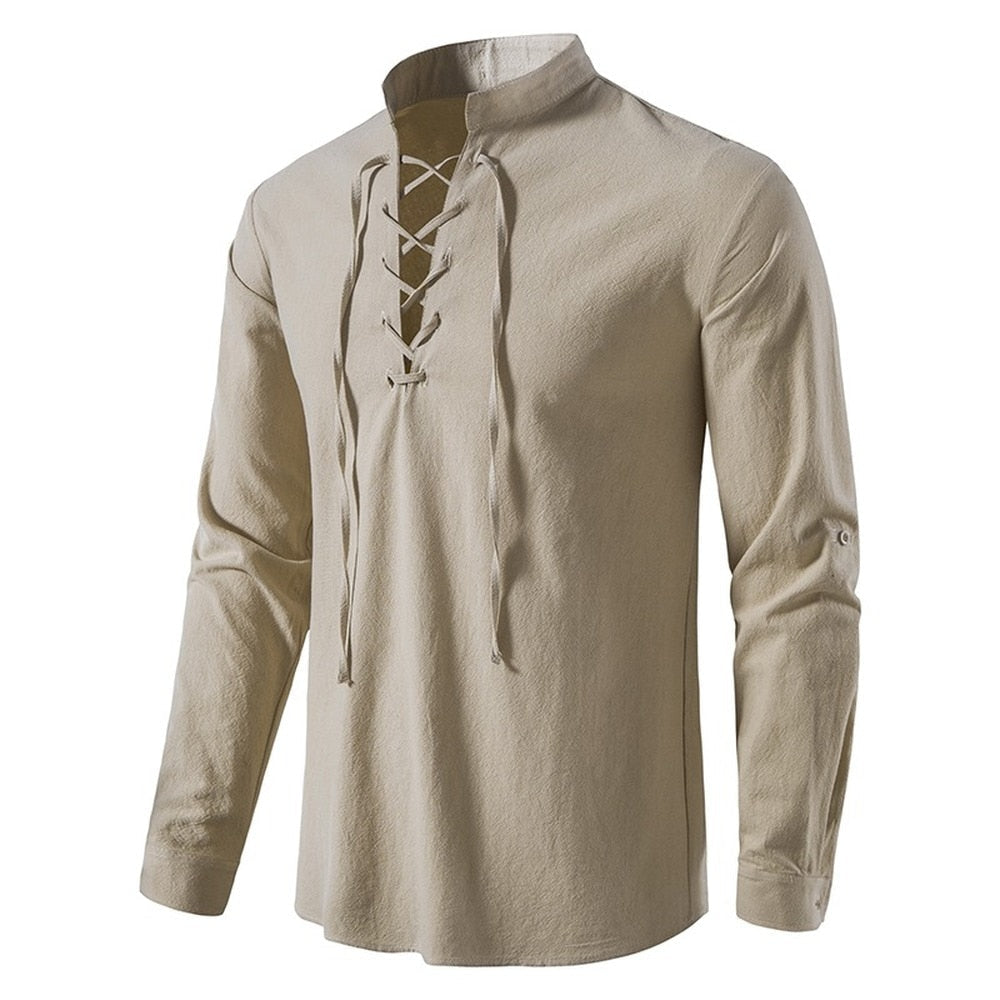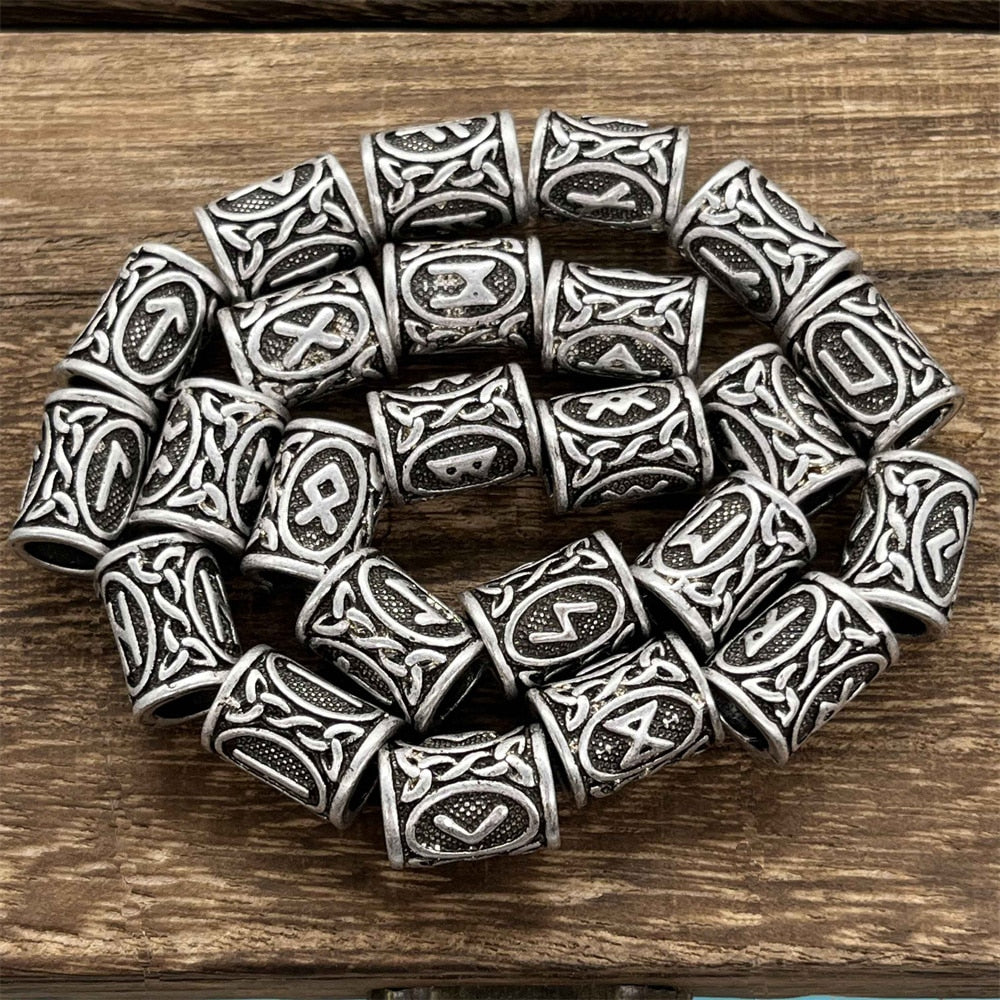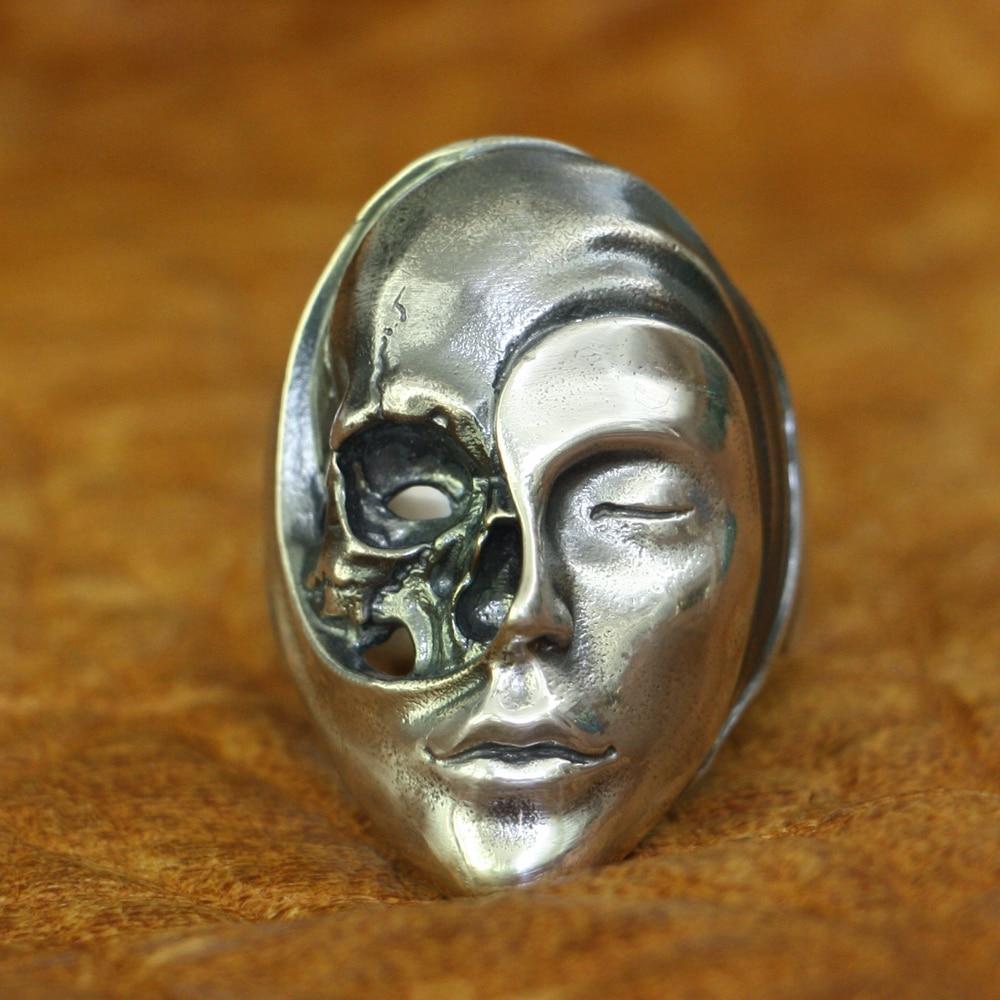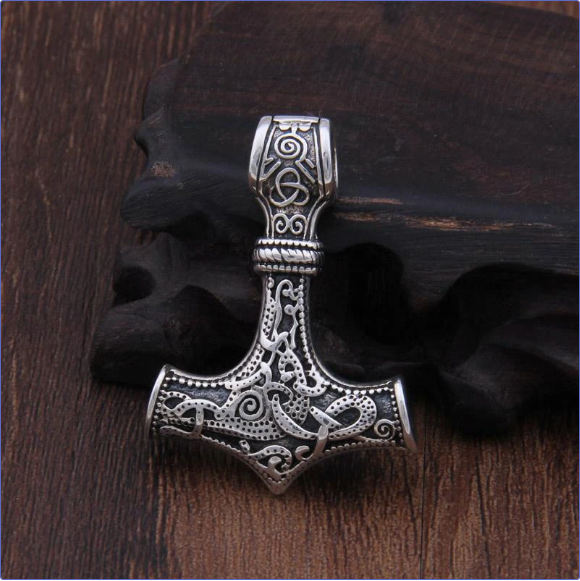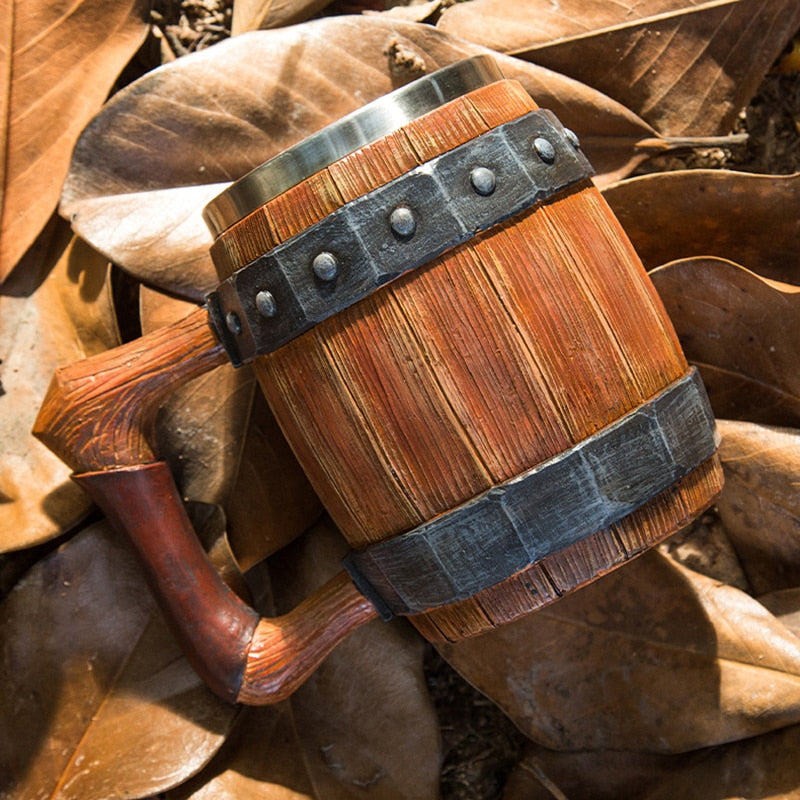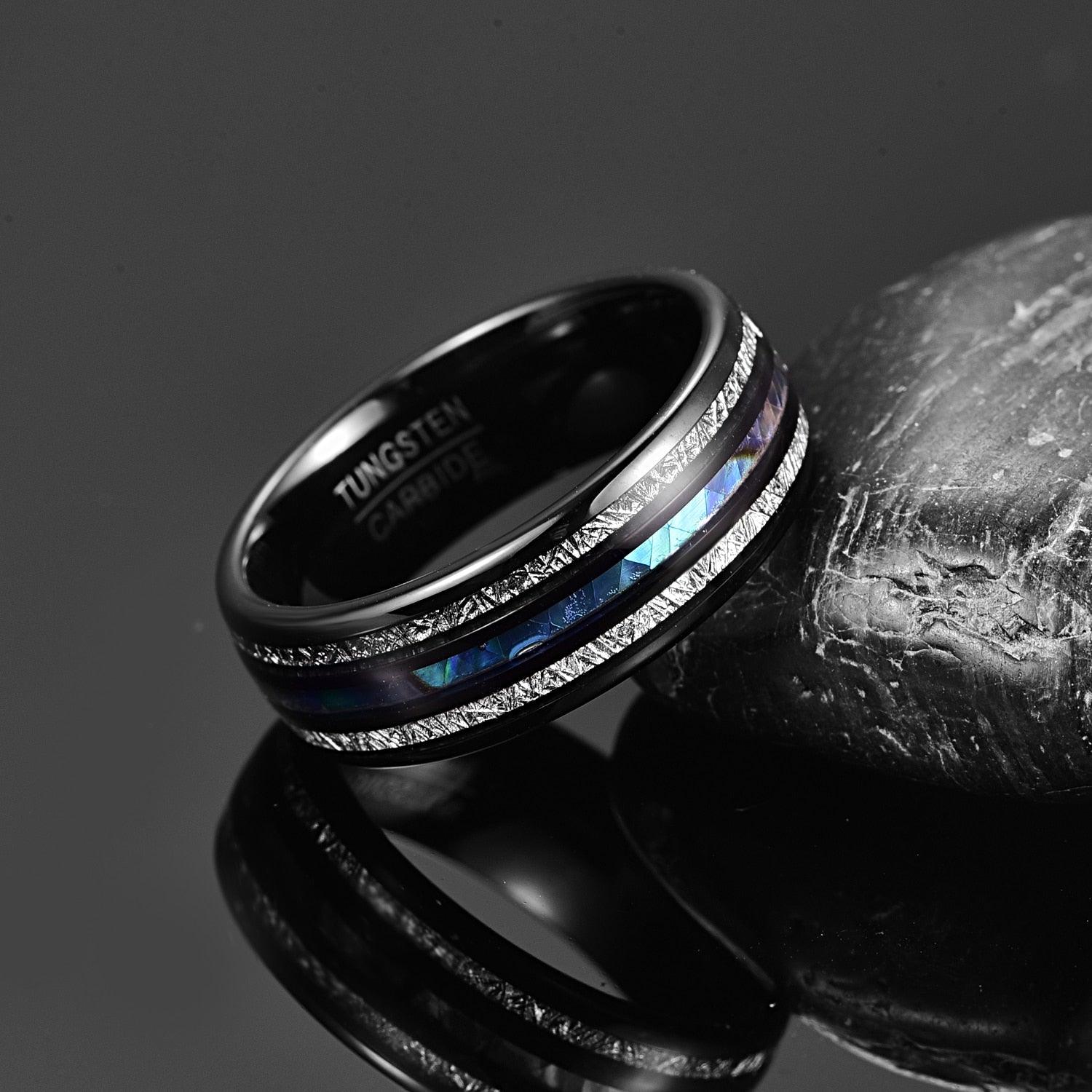Ullr (pronounced “ULL-er,” often Anglicized as “Ull,” and also occasionally referred to as “Ullinn”) is an enigmatic Norse God. References to him in Old Norse literature are sparse and tell us little to nothing about his personality or role. He is the hunter par excellence, God of the hunt and, arguably, the inventor of ice skiing.

Little survived in written word about him, but what did survive indicates that he holds considerable importance, as he is also the keeper of oaths, a position of extreme prestige amongst the Gods.

Ullr on the 11th-century Böksta Runestone (bottom left)
Ullr is the son of the Goddess Sif, and therefore the stepson of the Thunder God Thor. Ullr is the God of the hunt, therefore an excellent archer, hunter, skater, and skier, handsome, warlike, and an especially apt deity to invoke before a duel.
One of the poems in Poetic Edda, the Grímnismál, states that his home is called Ýdalir, “Yew Dales,” which makes perfect sense since yew wood was preferred above that of all other trees for making bows, the God preferred weapon.

The Gesta Danorum (an essential source of Denmark’s early history) tells us of Ullr high status amongst the Gods, as he assumed regency over Asgard for ten years, during a time in which Odin exiled himself. Similarly, another Old Norse poem, the Atlakviða, features a scene involving the swearing of oaths wherein the last and most solemn oath is sworn on the ring of Ullr.
The prevalence of place names derived from “Ullr” throughout Sweden and eastern Norway further attests to Ullr being an exceptionally prominent figure amongst the Norse Gods. Many of these names are combined with elements such as hof, “temple,” which indicates active worship of Ullr during the early Viking Age and possibly later as well.
Despite this, the only actual shrine to Ullr ever unearthed was in Sweden, in the city of Lilla Ullevi.
During the excavations on the site, 65 rings were found with references to swearing on Ullr's ring, which indicates that he was one of the Gods who watched over a vow.

Some of the 65 amulet rings excavated at Lilla Ullevi
Sadly, before Snorri Sturluson wrote his Prose Edda in the early XIII century, almost all knowledge about the Asgardian Pantheon was kept orally, which led to most information about Ullr being lost. We know just enough about Ullr to infer his prime importance as hunter, provider, keeper of oaths and regent of Asgard, but the tales of his adventures are lost to time.
Yet, his importance remains strong today. There is even a municipality in Norway named after the God: Ullensaker. The municipality name dates back to the year 1300, when it was called Ullinshof, or Temple of Ullin (Ullr).
While - so far - no temple of Ullr was found in the municipality, it hosts Rakni's mound, or Raknehaugen, which is one of the oldest burial grounds found in Norway.
The unofficial coat-of-arms of the city is a depiction of the God himself:

Sources:
Lindow, John. 2002. Norse Mythology: A Guide to the Gods, Heroes, Rituals, and Beliefs. Oxford University Press. ISBN 0-19-515382-0
Simek, Rudolf. 2007 [1993]. Translated by Angela Hall. Dictionary of Northern Mythology. D.S. Brewer. ISBN 0-85991-513-1
Jesse Byock (2005) Snorri Sturluson, The Prose Edda. 1st. edition. London, England: Penguin Books Ltd. ISBN-13 978-0-140-44755-2
